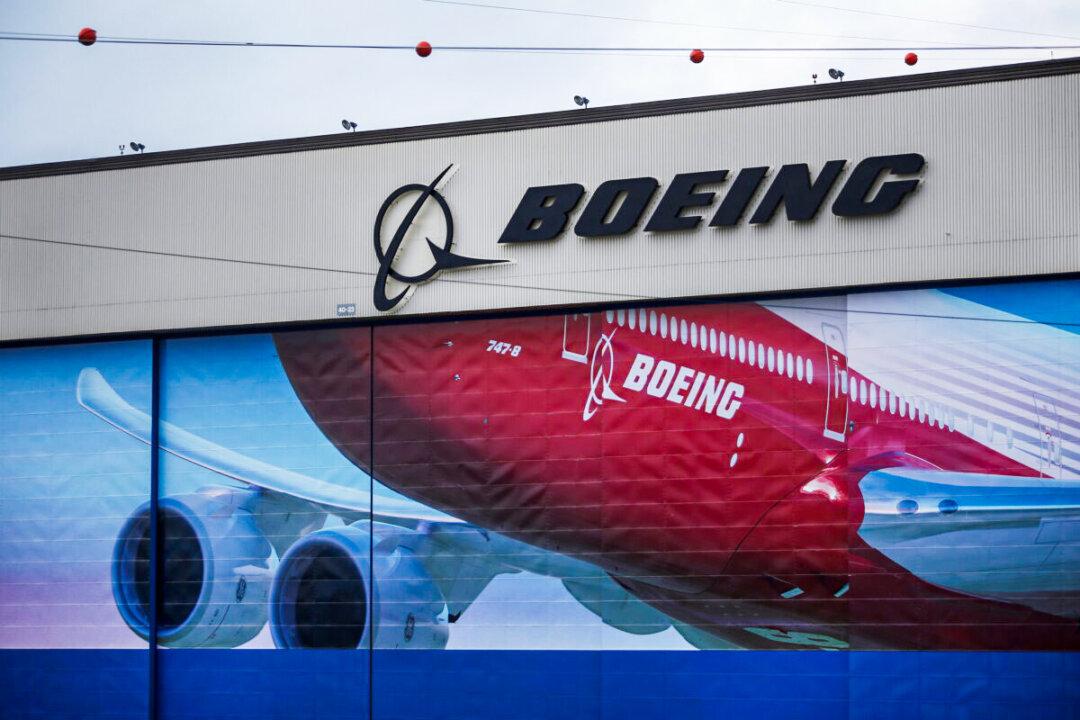The CEOs of the two largest commercial jet manufacturers in the United States warned against the deployment of expanded 5G mobile broadband technology, in a letter to Secretary of Transportation Pete Buttigieg.
Dave Calhoun of Boeing and Jeffrey Knittel of Airbus Americas expressed concern on Dec. 20 about a plan by Verizon and AT&T to roll out the new technology on Jan. 5, 2022, and urged the Biden administration to intervene to postpone the adoption of the new network.





